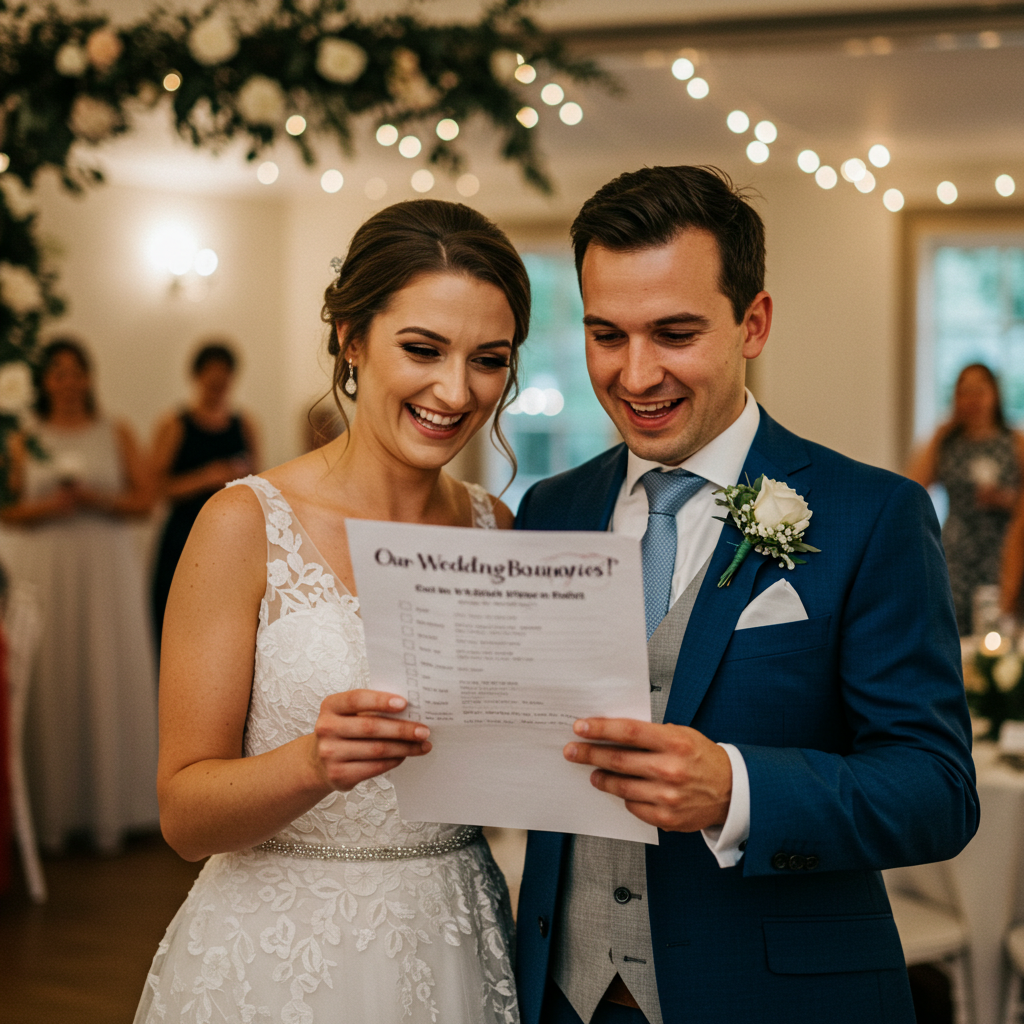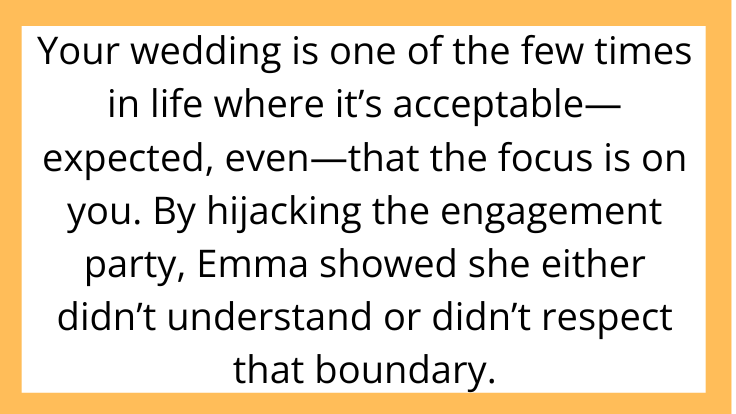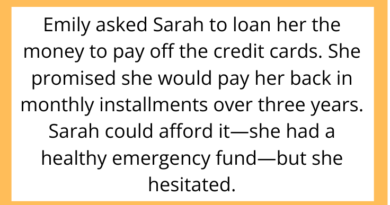AITAH for Not Inviting My Brother’s Fiancée to My Wedding After She Tried to Upstage My Engagement?
When it comes to weddings, emotions run high and family dynamics often get complicated. But what happens when someone tries to steal your spotlight on one of the most important days of your life? In this AITAH scenario, we’re exploring whether setting firm boundaries makes you the villain—or simply someone standing up for themselves.
The Story: A Proposal Overshadowed

A 27-year-old woman, let’s call her Sarah, shared her experience on the r/AITAH subreddit. Sarah and her fiancé got engaged last year in a small but meaningful ceremony with close friends and family.
Everything was going perfectly—until her brother’s girlfriend, Emma, decided it was the perfect moment to announce that she and Sarah’s brother were also planning to get engaged.
According to Sarah, Emma made a big announcement during the dinner toast, pulling out her own ring and effectively redirecting all the attention. Sarah described feeling humiliated and hurt that her special moment was overshadowed.
Fast forward to wedding planning: Sarah chose not to invite Emma. She felt the wedding should be drama-free and didn’t trust Emma not to pull another stunt.
Her brother is furious, calling Sarah petty and vindictive. The rest of the family is split—some think Sarah is justified, others think she’s being cruel.
Sarah turned to Reddit to ask: AITAH for excluding my brother’s fiancée because she hijacked my engagement?
The Case for Sarah: Protecting Her Day

Boundaries Are Not Punishment
Many commenters sided with Sarah. They argued that Emma’s behavior during the engagement party was inappropriate and attention-seeking.
“It’s your wedding day. You get to choose who is there,” wrote one user. “You have every right to protect your peace.”
Others pointed out that Emma never apologized. Without any acknowledgment of wrongdoing, Sarah had no reason to trust she wouldn’t try something again.
Weddings Should Be About the Couple
Your wedding is one of the few times in life where it’s acceptable—expected, even—that the focus is on you. By hijacking the engagement party, Emma showed she either didn’t understand or didn’t respect that boundary.
The Case Against Sarah: Is This Really Worth It?

The Risk of Long-Term Fallout
While many supported Sarah, others warned that excluding Emma could create lasting damage to family relationships.
“Once you draw this line, you can’t go back,” said one commenter. “It might be worth thinking about whether this is worth the years of resentment that could follow.”
Others suggested that perhaps Emma’s timing was terrible but not intentionally malicious—and that a conversation might have resolved the issue without escalation.
Navigating Family Drama: Is There a Middle Ground?

Have a Direct Conversation
Instead of making assumptions, Sarah could have a direct conversation with Emma. Sometimes, people genuinely don’t realize the impact of their actions until it’s explained to them clearly.
A calm, private discussion might help both parties air grievances and potentially find common ground.
Set Clear Expectations
If Emma were to attend, Sarah could make it explicitly clear—no announcements, no distractions, no performances. Some couples even brief their wedding parties in advance about expectations.
Lessons for Anyone Planning a Wedding

This AITAH scenario resonates because many people have faced something similar: a friend or relative who can’t stand not being the center of attention.
Here are a few takeaways:
-
You’re allowed to set boundaries to protect your special day.
-
Excluding someone can have long-term consequences—consider whether you’re prepared for them.
-
A direct, honest conversation is often better than a silent standoff.
-
Not every conflict needs to become permanent estrangement.
The Verdict: AITAH or Not?

Most Reddit users voted that Sarah was Not the A**hole. They emphasized that your wedding is your day, and no one has the right to overshadow it.
However, others pointed out that this decision could permanently impact her relationship with her brother. Ultimately, whether Sarah is the villain depends on her priorities: preserving her peace or maintaining family harmony.



